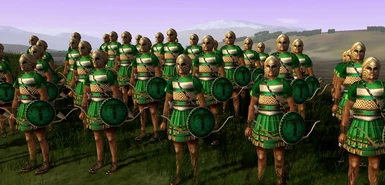

In Mass Effect, another BioWare game, you gain dialogue “boosts” depending on how high you’ve filled your meter.

The first problem is that the developers like to incentivize playing the game one way or another. The problem with such a system – well, there are multiple problems, in fact. Knights of the Old Republic represents the Light Side and the Dark Side as a meter that you can “fill up / deplete”, with the top of the meter being “Good” and the bottom of the meter being “Evil”. Save in the middle of Whiterun and start firing arrows at guards? Push people out of a window as Commander Shephard? Condemn folk who maybe don’t deserve it in Dragon Age: Inquisition? Decide that innocent people stuck in a plague-infested prison aren’t actually as important as your medicine and bread for the day in Pathologic? Blow up cities in Just Cause?īut what is evil? And how should games represent evil? Do games have a right to say what evil actually is?Ī lot of very famous games that deal with these ideas explain evil as a place on a slider.

It’s extremely common, isn’t it? Douchebaggery, dickery, devilry? Especially in video games, where we are protected by the notion that “this isn’t real”, so not only do we get off scot-free, we also understand that to perform evil actions in real life would have real consequences – but not here.


 0 kommentar(er)
0 kommentar(er)
